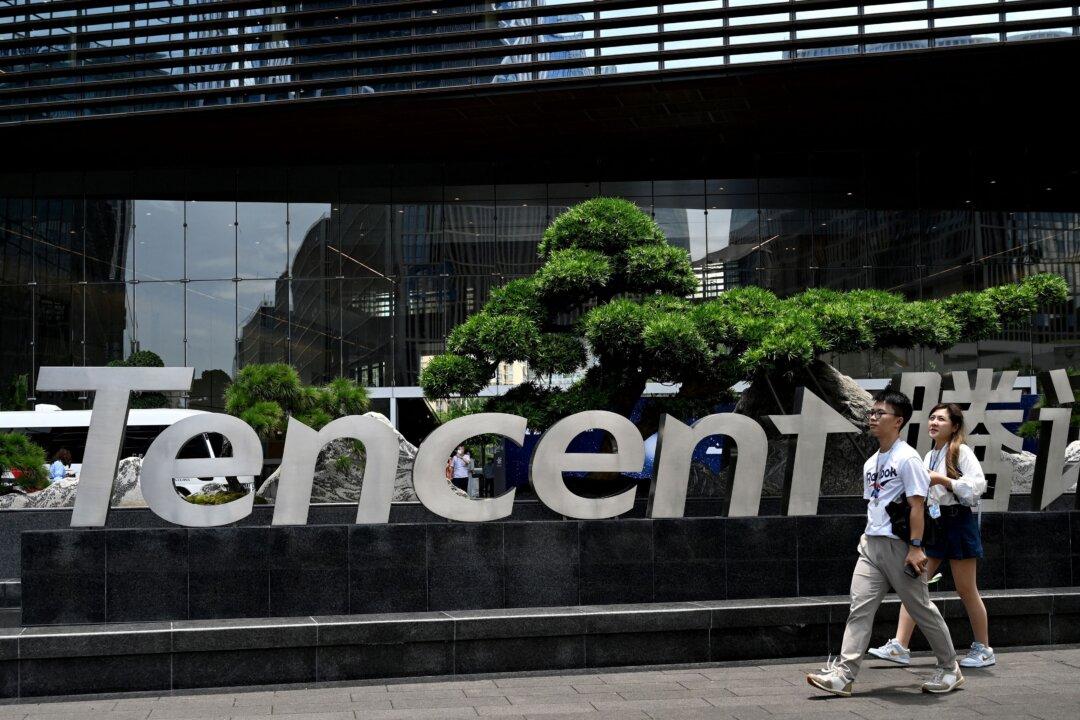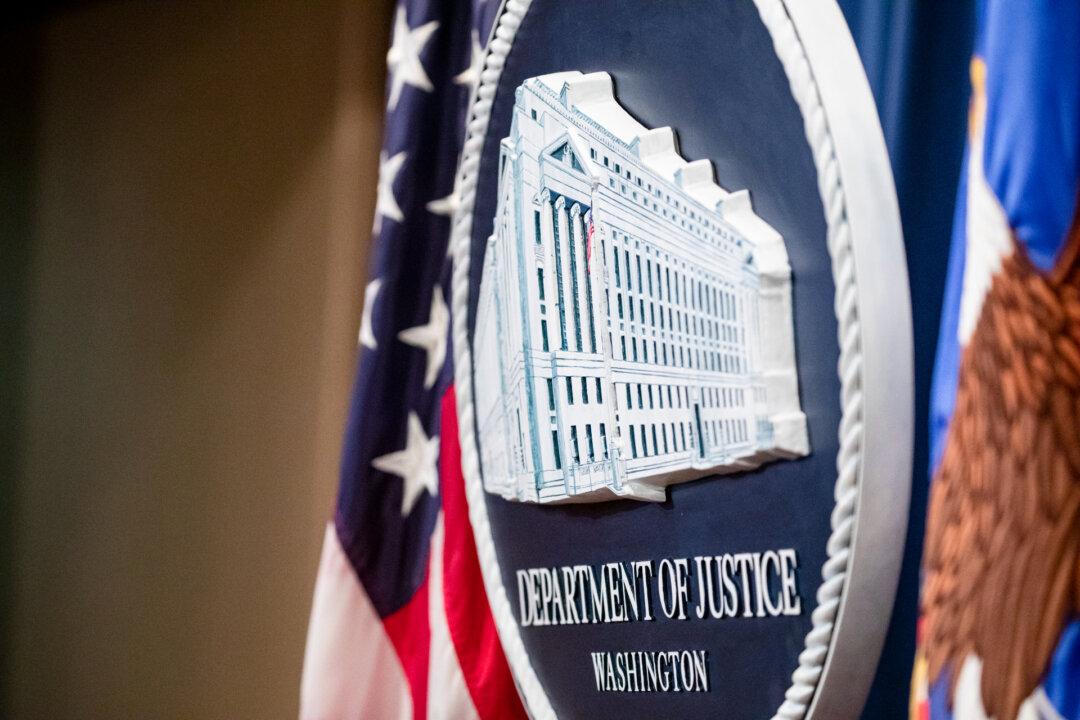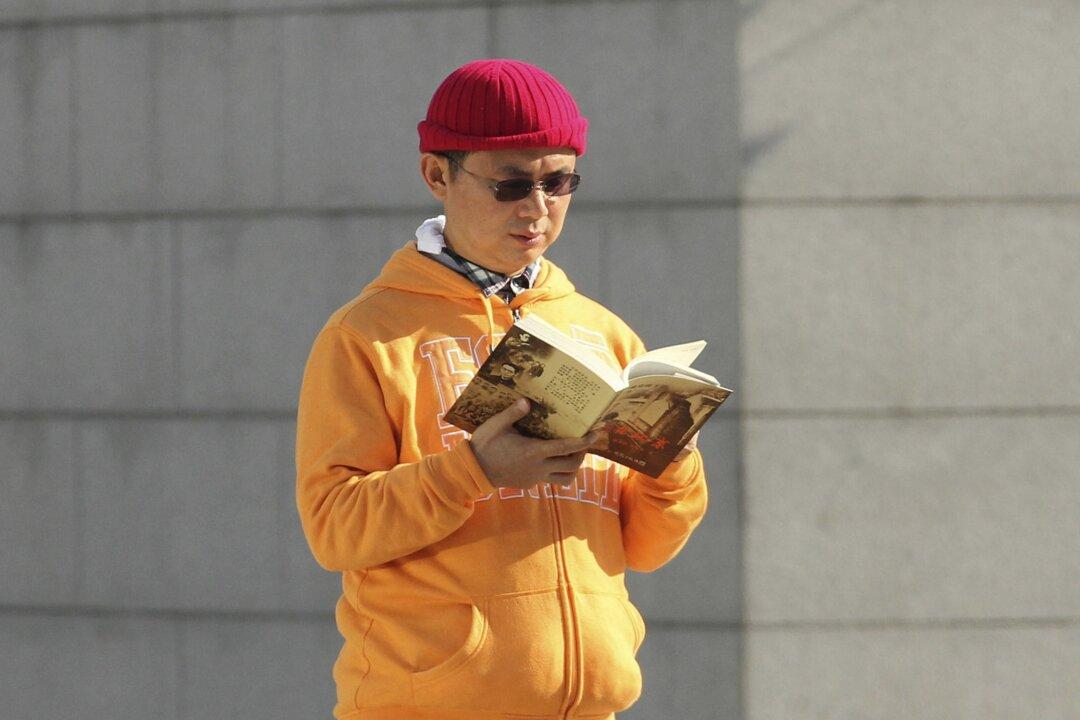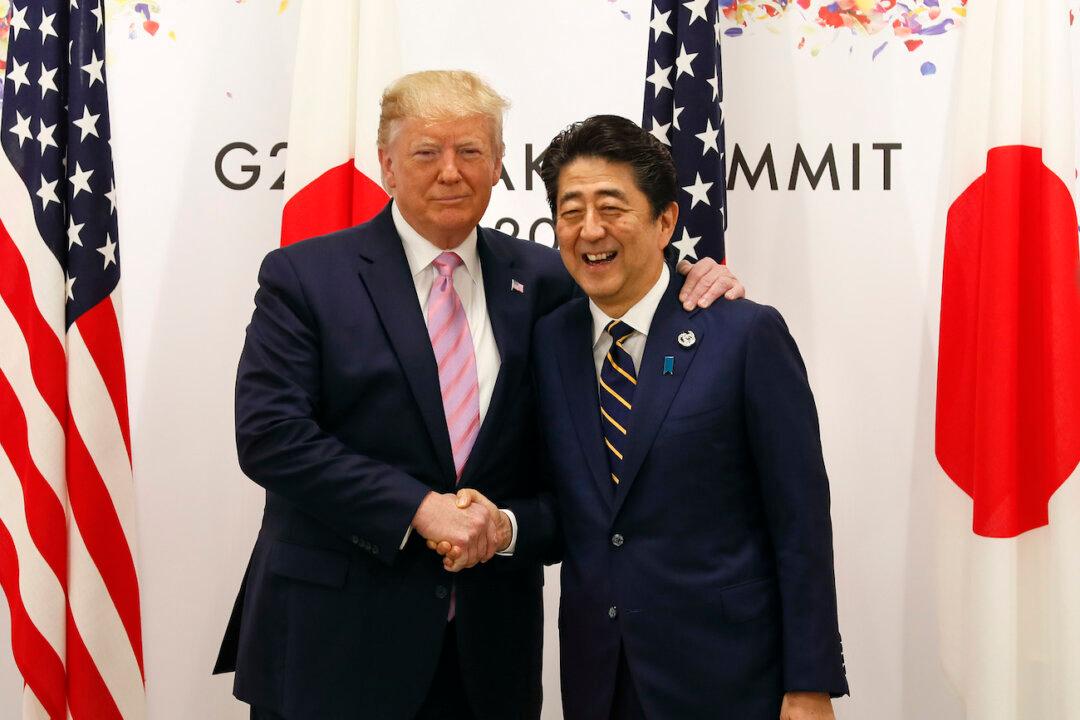On Dec. 30, 2021, the share price of China’s e-commerce giant Alibaba Group Holding Ltd (9988.HK) closed at HK$109.9 (approximately $14.3), down 52.75 percent from the same period in 2020. Similarly, China’s gaming and social media company Tencent Holdings Ltd (0700.HK) suffered a decline of 21.38 percent per share the same day. Both have fallen out of the global top 10 firms in 2020 ranked by market capitalization.
The year of 2021 marked mounting pressure from Chinese regulators on domestic private enterprises. A large number of investors, who were drawn to internet companies in the first months, found themselves losing money by the end of the year. While it intensified its efforts to regulate private Chinese firms over “anti-trust” concerns, the Chinese Communist Party (CCP) encouraged state-owned enterprises (SOEs) to make acquisitions or mergers and gain more competitive positions in the market.




